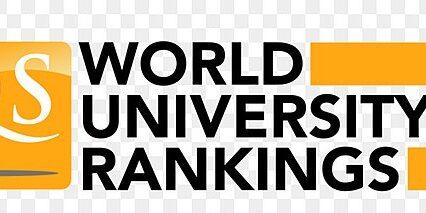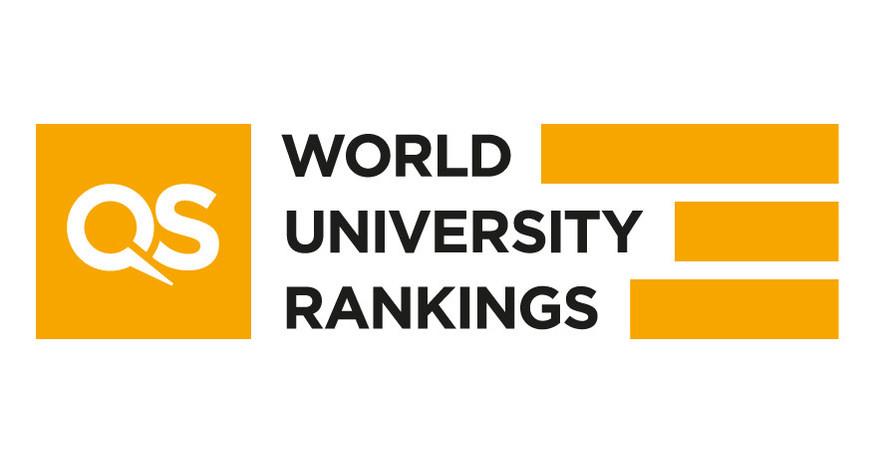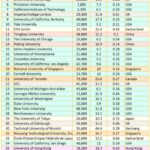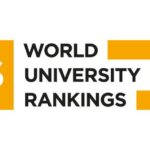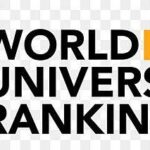Now Reading: How to find the best universities for emerging fields of study.
-
01
How to find the best universities for emerging fields of study.
How to find the best universities for emerging fields of study.

In an ever-evolving academic landscape, the pursuit of knowledge is often guided by the pulse of innovation and the demands of a rapidly changing world. As emerging fields of study gain momentum—ranging from artificial intelligence and enduring energy to digital humanities and biotechnology—the quest for the best universities becomes more intricate and paramount. With countless institutions vying for recognition, understanding how to navigate this burgeoning terrain is essential for prospective students seeking to align their academic journeys with future career opportunities. In this article, we will explore practical strategies for identifying top universities that not only excel in these avant-garde disciplines but also foster an habitat primed for exploration, collaboration, and growth. join us as we embark on a journey thru the landscape of higher education, illuminating the paths that lead to the most promising institutions in the realms of emerging knowledge.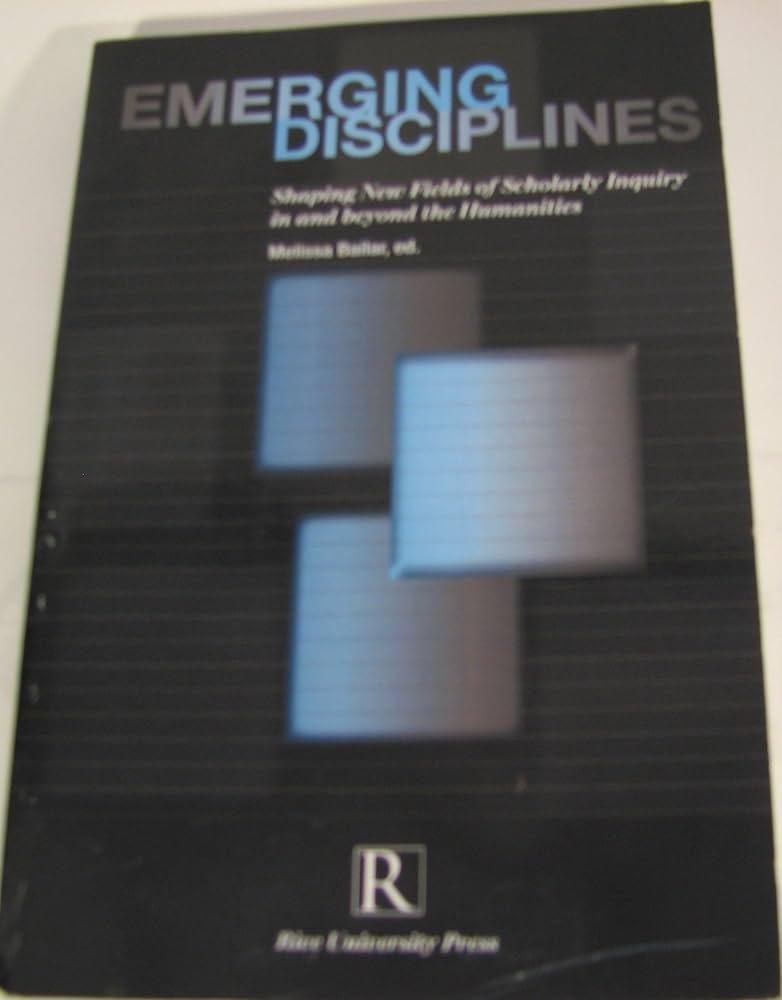
Identifying Key Indicators of Excellence in Emerging Disciplines
In exploring the landscape of emerging disciplines, it’s essential to focus on specific indicators that highlight the excellence of universities. These indicators help prospective students discern which institutions are genuinely leading the charge in innovative fields. Key areas to assess include:
- Research Output: Investigate the volume and impact of research publications in the related field.
- Industry Partnerships: Look for collaborations with industry leaders that enhance practical learning and offer real-world applications.
- Curriculum Innovation: Analyze how institutions evolve their curricula to stay relevant with technological advancements and societal needs.
- faculty Expertise: Consider the qualifications and research interests of the faculty involved in the emerging disciplines.
- Student Support Services: Evaluate the resources available for students, including mentorship programs, internships, and networking opportunities.
Utilizing a comparative table can further clarify the strengths of various institutions in emerging fields.Here’s a simplified overview of how some universities stack up:
| University | Key Indicator | Score (1-10) |
|---|---|---|
| University A | research Output | 9 |
| University B | Industry Partnerships | 8 |
| University C | Curriculum innovation | 10 |

Exploring Innovative Programs and Curriculum Flexibility
In the quest to find universities that cater to emerging fields of study, it’s vital to look beyond traditional programs and assess the innovative approaches they are adopting. Institutions are increasingly recognizing the necessity of staying ahead of the curve by incorporating cutting-edge technologies and interdisciplinary studies into their curriculums. This creates a breeding ground for creativity and knowledge acquisition. Look for universities that offer:
- Project-based learning: Engaging students in real-world problems enhances understanding and application of knowledge.
- Collaboration with industries: Partnerships with tech companies or startups can provide students with valuable insights and networking opportunities.
- Flexibility in course selection: The freedom to tailor one’s educational journey to align with personal interests and career aspirations is essential.
Moreover, assessing the flexibility of a university’s curriculum can illuminate its responsiveness to the ever-evolving job market. Programs that allow students to choose elective courses from different faculties or offer options for online learning are increasingly becoming a staple. Consider universities that implement:
| Feature | Description |
|---|---|
| Interdisciplinary majors | Combine fields like AI and ethics,or environmental science and policy to foster innovative thinking. |
| Micro-credentialing | Short courses that allow students to gain skills in niche areas quickly. |
| Hybrid learning options | A mix of in-person and online classes to suit diverse learning styles and commitments. |

Assessing Faculty Expertise and Industry Connections
When exploring universities that excel in emerging fields, it’s crucial to scrutinize the expertise of the faculty. Look for institutions where professors not only hold advanced degrees but also possess comprehensive experience in their respective industries. Academic publications, research contributions, and involvement in innovative projects can signify a faculty member’s engagement with current trends and technologies. To gauge faculty expertise, consider factors such as:
- Years of professional experience in the field
- Successful research funding acquisitions
- Participation in important conferences or workshops
In tandem with academic expertise, a university’s industry connections play a vital role in enhancing student learning and future job prospects. strong ties with companies and organizations can lead to collaborative research, internships, and job placements that give students a competitive edge. Evaluate universities by examining their partnerships with industry leaders and the opportunities they provide for students to engage with the professional world. Consider these aspects:
- Internship programs and employment rates of graduates
- Networking events and mentorship programs
- Alumni success stories in relevant industries

Utilizing Technology and Resources for Informed Decision-Making
In the quest to identify the best universities for emerging fields of study,leveraging advanced technology and a multitude of resources is essential. Start by exploring university ranking platforms, which provide insights based on various parameters such as academic reputation, research output, and professional perspectives. utilize online databases like PubMed and Google Scholar to find universities that lead in cutting-edge research relevant to yoru field of interest. Additionally, consider engaging with educational forums and social media platforms, where current students and alumni share their experiences. This firsthand information can significantly enhance your understanding of which institutions truly excel in emerging disciplines.
Another valuable resource includes virtual university tours and webinars, which allow prospective students to explore curriculums and faculty expertise without the need for physical visits. Engage with university websites for detailed program descriptions and outcomes, and assess them against specific industry trends. More importantly, create a short list of universities based on factors such as:
- Curriculum Innovation: Look for programs that continuously update their courses to keep pace with rapid technological advancements.
- Industry Partnerships: institutions that collaborate with leading companies frequently enough provide better internship and job placement opportunities.
- research Opportunities: A robust research focus can enhance your educational experience, especially in emerging fields.
in summary
In our rapidly evolving world, the quest for knowledge has never been more vital, and the pursuit of education in emerging fields is a journey worth embarking on. As you navigate the landscape of higher learning, remember that the best university for you isn’t just defined by its ranking or reputation; it is a melting pot of passion, innovation, and opportunity.
The tips and insights shared in this article serve as a compass,guiding you through the intricate web of choices that lay ahead. By delving into program specifics, seeking out expert faculty, and tapping into vibrant communities, you will equip yourself with the tools needed to thrive in uncharted territories of study.
As you take the next step in your educational journey, embrace the excitement of uncertainty and trust in your ability to carve a niche in fields that are not only shaping the future but are also waiting for your unique contributions. Wherever your path leads, may it be rich with finding and fulfillment. Here’s to finding your place in the world of tomorrow!












